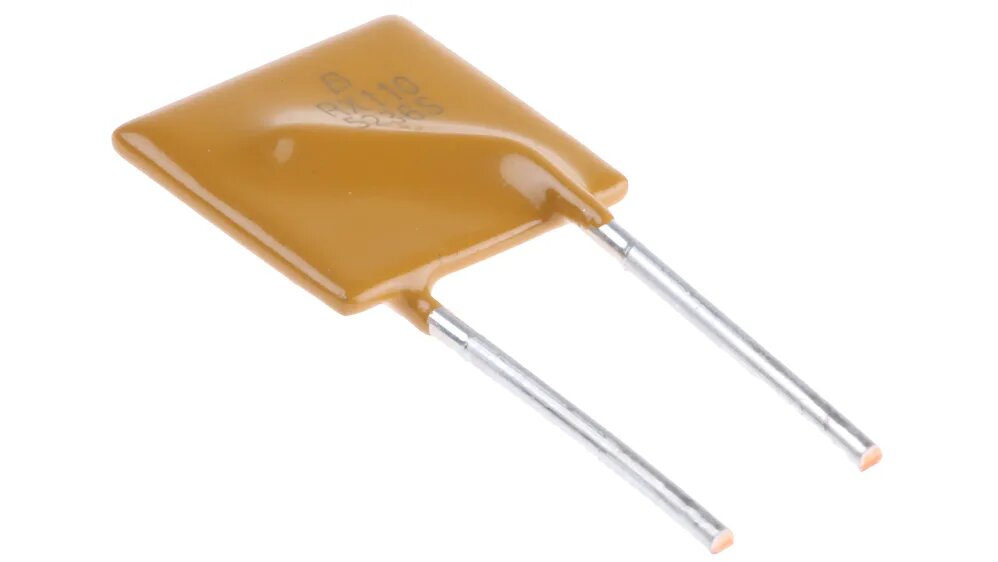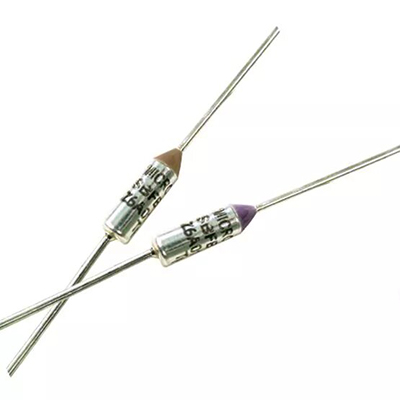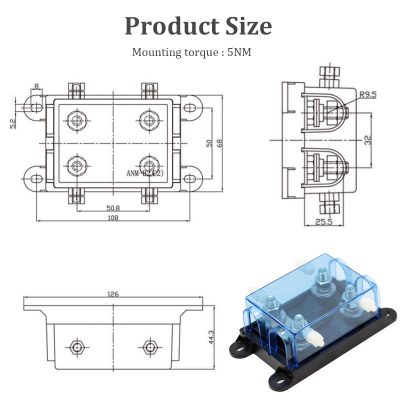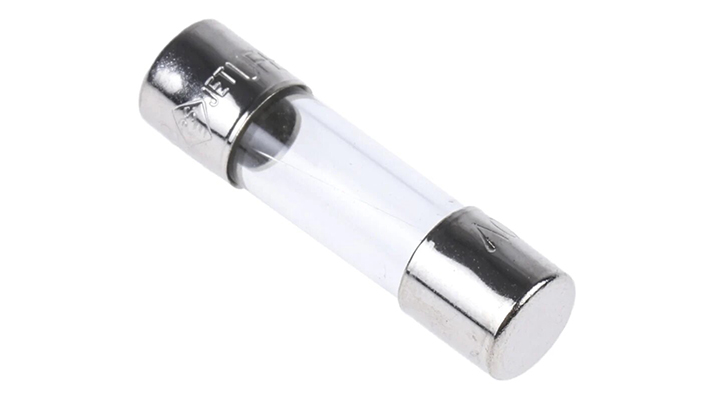Car Current Fuses Engineered for Compatibility with Domestic and Imported Vehicles
News 2025-10-24
Car current fuses are essential components in automotive electrical systems, designed to protect circuits from overcurrent and short circuits. As vehicles become more diverse, with both domestically produced and imported models sharing roads, the need for fuses that offer broad compatibility has grown. These fuses ensure safe operation across different vehicle types, reducing the complexity of maintenance and repairs for mechanics and car owners alike.

Compatibility Features
These fuses are built with standardized designs that fit a wide array of fuse boxes, accommodating variations in size, shape, and connection types found in both domestic and imported vehicles. They support common amperage ratings and voltage levels, making them suitable for everything from compact cars to SUVs. This universality streamlines inventory management for automotive professionals and simplifies do-it-yourself projects.
Application Scenarios
In practical use, these compatible fuses protect critical systems such as engine controls, lighting circuits, and power accessories in daily driving conditions. For domestic vehicles, they handle routine electrical demands, while in imported models, they adapt to advanced features like sophisticated infotainment systems. Whether in urban commuting or long-haul trips, their reliability supports safe performance across diverse automotive environments.
Performance Advantages
Offering high interrupt capacity and rapid response to faults, these fuses minimize damage during electrical surges. Constructed with robust materials, they resist corrosion and heat, ensuring longevity in harsh under-hood conditions. Their ability to fit seamlessly into both domestic and imported vehicles enhances overall system efficiency, providing peace of mind through consistent protection and reduced downtime.
Frequently Asked Questions
1. What are the common types of car current fuses?
Blade and glass fuses are prevalent, with blade types often used in modern vehicles for easy replacement, while glass fuses may appear in older models; always match the vehicle specifications.
2. How do I check fuse compatibility before installation?
Refer to the vehicle’s manual or fuse box diagram to confirm amperage and physical fit, ensuring the fuse meets the exact requirements to avoid electrical issues.
3. Are these fuses recyclable or environmentally friendly?
Many are made from recyclable materials, and proper disposal through automotive recycling programs helps reduce environmental impact, promoting sustainable practices in vehicle maintenance.


